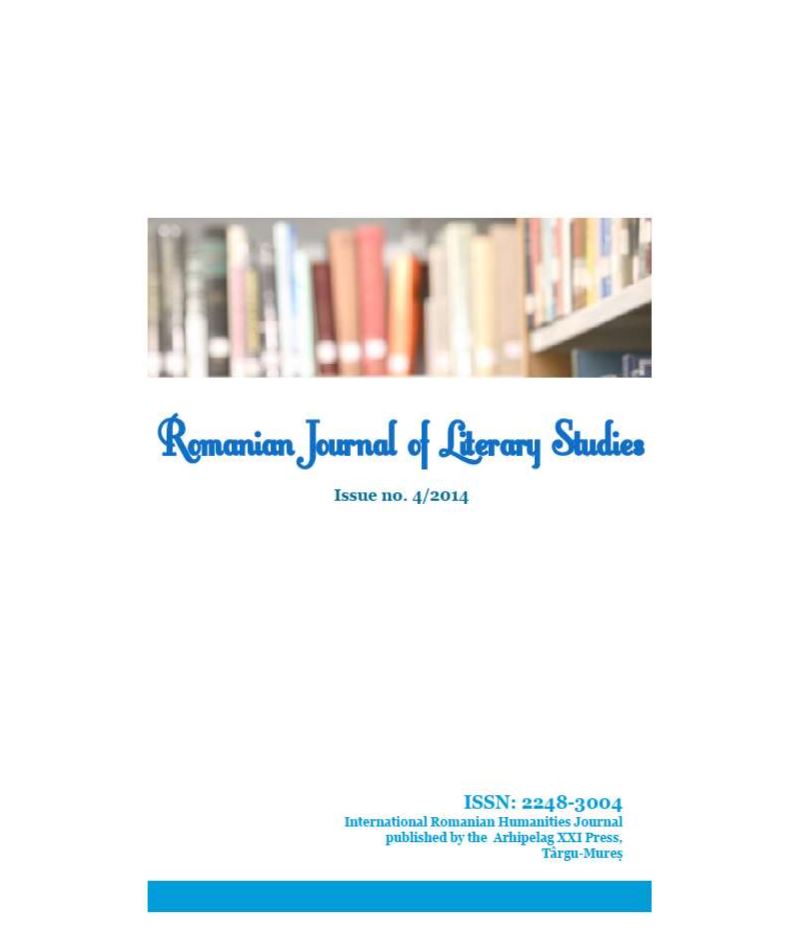FREEDOMS AND CONSTRAINTS IN THE REPORTS FROM THE MARINE ANTI-PIRACY OPERATIONS THEATRE ”ATALANTA”
FREEDOMS AND CONSTRAINTS IN THE REPORTS FROM THE MARINE ANTI-PIRACY OPERATIONS THEATRE ”ATALANTA”
Author(s): Nicolae MelinescuSubject(s): Language and Literature Studies, Literary Texts
Published by: Editura Arhipelag XXI
Keywords: Maritime piracy; Romanian frigate; operation „Atalanta”; Somali pirates; tv reporting
Summary/Abstract: Romania supported and took part in operations against maritime piracy in the Gulf of Aden and along the Somali coast for two reasons: one, it has been a member of the NATO and the E.U. Henceforth, it fulfilled its commitments and responsibilities and acted according to its full pledge to be a security provider wherever the two organizations have been involved for the benefit of its members and of the international community at large. Second, Romania is one of the nine countries that provide qualified mariners for the ship crews of international shipping companies, although it no longer has a commercial fleet of its own. For almost three months, the Romanian frigate “King Ferdinand” was part of the EUNAVFOR operations initiated by the European Union to secure the commercial traffic in an area infested with pirates. Many of their victims were Romanian sailors taken and held hostages for three or four months on end. Their numbers reached almost a hundred along the years. Part of the Romanian navigators’ missions was not only to protect ships in the dangerous area but also to approach suspected local dhows and to provide assistance, fuel, food and medical care to crews in difficulty. Spectacular operations happened during the missions carried out by Romanians. Some were just routine, like refueling from a huge American tank ship, others meant life or death as Romanian fighters from the special forces approached suspected pirate ships. As that was the first such mission for the Romanian naval forces, the public’s interest was extremely high as was the responsibility of a TV correspondent embedded with the frigate’s crew fro two weeks. Meeting the public’s interest and the military requirements on board was a very intricate maneuver both for the military commander and for the civilian correspondent. In the end, both the crew and the journalist could meet the demands of their particular professions.
Journal: Journal of Romanian Literary Studies
- Issue Year: 2014
- Issue No: 04
- Page Range: 165-173
- Page Count: 9
- Language: Romanian

